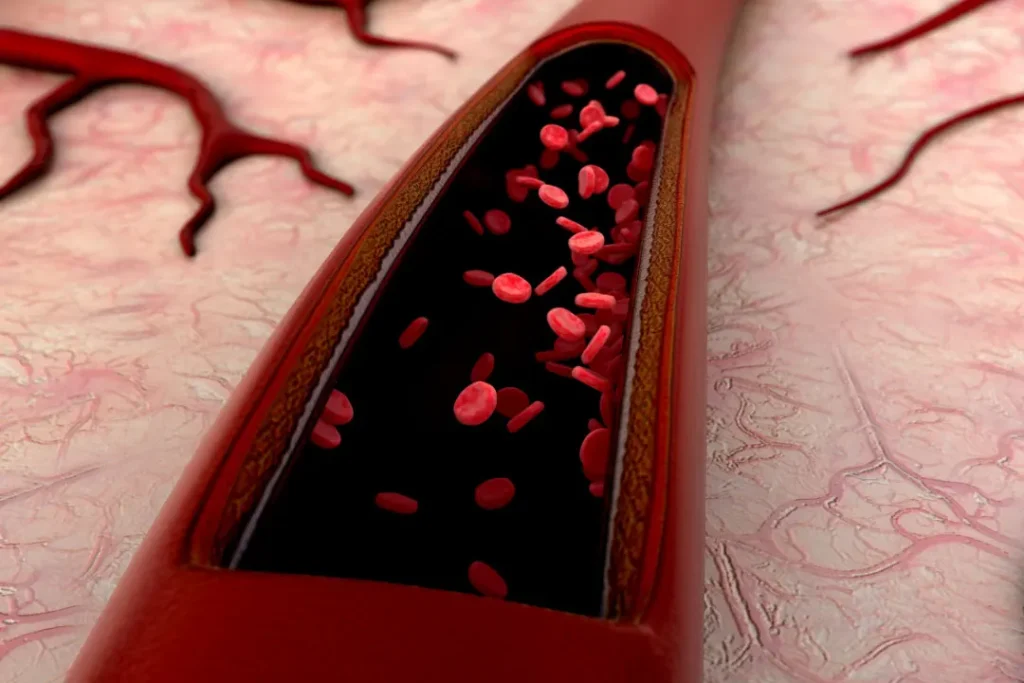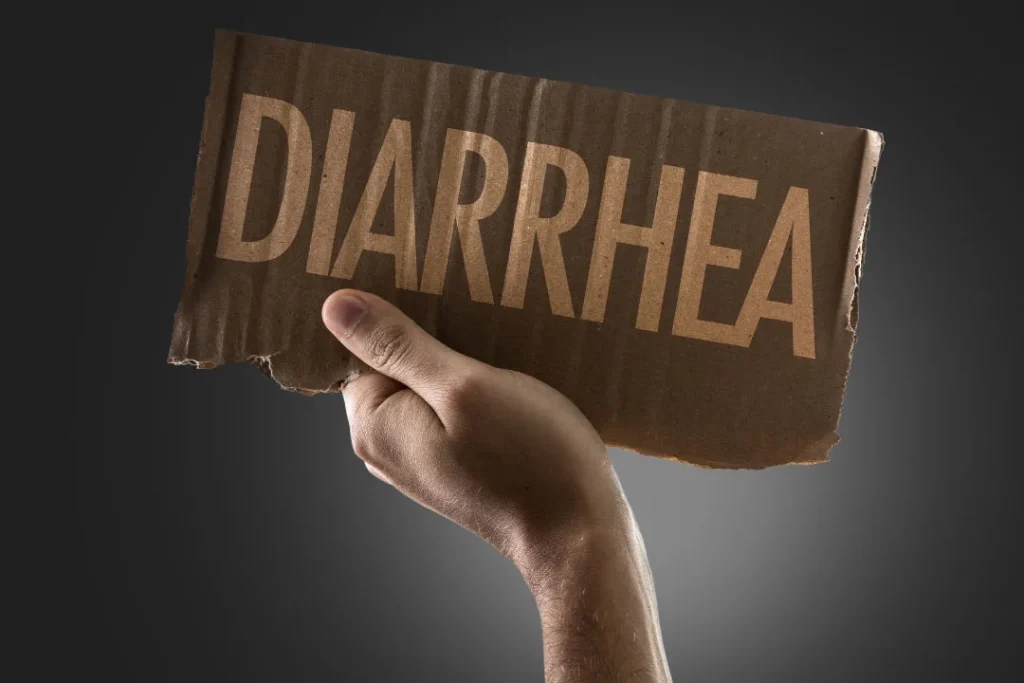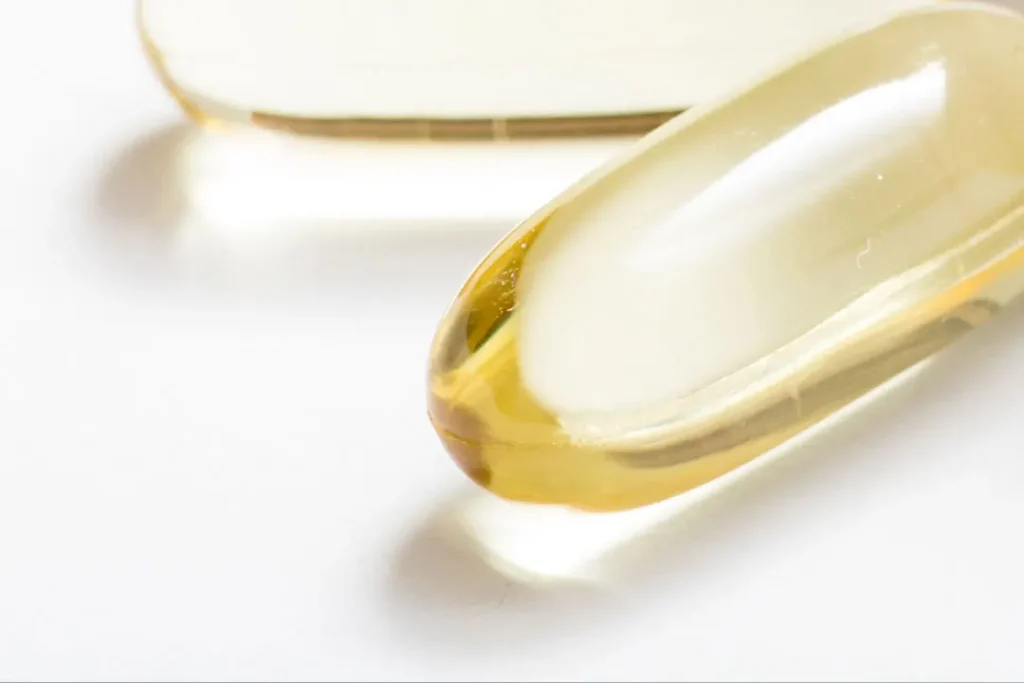Evodia rutaecarpa is one of the most important herbs used in Traditional Chinese Medicine (TCM). The tiny, red fruits of the evodia plant have been used for generations to cure many medical conditions. Despite its long history, a thorough scientific analysis of evodia’s therapeutic efficacy can identify the drug’s advantages, hazards, and underlying processes. This article will concentrate on evodia’s characteristics, therapeutic advantages, ideal dose, side effects, and interactions with other drugs.
You May Also Like:
The Best Supplements for Brain Injury: 5 Top Brands Reviewed
The Best Mushroom Supplements for Memory: 5 Top Brands Reviewed
Evodia: Benefits, Dosage, Side Effects, Drug Interactions, and Other Important Information is an original (NootropicsPlanet) article.
The Nature of Evodia
Evodia is a plant with natural habitats in China, Korea, and Japan. It is known for its tiny, scarlet fruits. The plant has a long history of TCM, and its fruits are frequently dried and used as nutritional supplements. The fruits of evodia have notable pharmacological effects. Evodia’s potent phytochemical profile includes alkaloids (including evodiamine and rutaecarpine), flavonoids, terpenoids, and quinolone alkaloids, and gives it its medicinal potential.
Health Benefits of Evodia
Evodia’s extensive phytochemical profile directly contributes to its beneficial effects on our health. According to research, alkaloids like evodiamine and rutaecarpine have a variety of biological functions.
The main bioactive ingredient in evodia, evodiamine, is known for its anti-inflammatory and anticancer properties. Its anti-inflammatory effects y prevent the synthesis of nitric oxide and inflammatory cytokines, two proteins that trigger inflammation. Additionally, evodiamine has anticancer properties that cause cancer cells to die and halt the formation of tumors.
Another bioactive component in evodia is called rutaecarpine. This component is known for its vasodilatory and anti-obesity properties. The substance encourages vasodilation, or the enlargement of blood vessels, which can lower blood pressure. Additionally, rutaecarpine can improve thermogenesis, the process by which organisms produce heat. This activity can help with weight and obesity management.

Chemistry of Evodia
The chemical makeup of evodia is complex because it includes many bioactive substances. Alkaloids, flavonoids, terpenoids, and quinolone alkaloids are the main chemicals in evodia.
Due to their strong biological effects, the alkaloids evodiamine and rutaecarpine are particularly remarkable. While rutaecarpine is known for its vasodilatory and anti-obesity properties, evodiamine is known for its anti-inflammatory and anti-cancer benefits.
The antioxidant properties of flavonoids, also contribute to evodia’s medicinal usefulness. They aid in scavenging dangerous free radicals and shielding the the body from oxidative stress.
Evodia’s terpenoids aid in the plant’s antibacterial activities, while its quinolone alkaloids are involved in the plant’s analgesic properties. Although further research is still needed, the combination of these bioactive chemicals in evodia makes it a prospective therapeutic agent.
Physiological Properties of Evodia
- Evodiamine: Being one of the main alkaloids in evodia, evodiamine has strong anti-inflammatory properties. This is because it prevents the synthesis of inflammatory cytokines and nitric oxide, two proteins that indicate the beginning of inflammation.
- Anticancer Properties: Evodiamine has potential as an anticancer agent. Cancer cells can undergo apoptosis, or programmed cell death, which stops the formation of tumors.
- Vasodilation: Another alkaloid in evodia is rutaecarpine, which encourages vasodilation, or the widening of blood vessels. This activity can reduce blood pressure, which is advantageous to cardiovascular health.
- Anti-obesity Effects: Rutaecarpine can increase thermogenesis, or heat production, in the body. By raising energy expenditure, this impact can help with weight management.

Optimal Dosage of Evodia
Evodia dose optimization is a difficult task, largely because there aren’t enough rigorous clinical studies. However, doses of 1.5 to 3 grams of the raw fruit daily are frequently advised in TCM based on traditional use and scientific proof. It is important to speak with your healthcare professional before starting evodia supplements, as with any dietary supplement.
Side Effects of Evodia
When taken properly, evodia is regarded as safe, however, side effects are still possible. These side effects can be gastrointestinal ones like diarrhea, upset stomach, and nausea. Evodia should be used with caution if you have bleeding problems or are having surgery because of its blood-thinning effects. Due to the lack of safety information, evodia should not be used by pregnant or nursing women.

Potential Substance Interactions with Evodia
There is a chance that evodia will interact with other drugs and substances. For example, it can amplify the effects of anticoagulants and antiplatelet medications due to their blood-thinning properties, raising the risk of bleeding.
Additionally, evodia can also interact negatively with antihypertensive medications due to its ability to reduce blood pressure, causing excessive blood pressure reduction. Before starting an evodia supplements regimen, if you are taking such drugs, you should speak with your doctor.
Best Responsible Use
Evodia is an herbal supplement that provides numerous health advantages due to the phytochemicals it contains. Despite its potential, the lack of sufficient scientific data on evodia’s ideal dose, potential side effects, and drug interactions necessitates a cautious approach to its use. Therefore, speaking with your healthcare professional before starting an evodia supplement is advised.

Evodia:
Conclusion
Evodia supplementation can be very beneficial if you are trying to manage your weight, and it is good for overall health in general. If you are also looking for a supplement that has anticancer and anti-tumor qualities, evodia is extremely powerful in those areas of health as well. It is also relieving to know that the evodia herb has been used for centuries throughout the history of Traditional Chinese Medicine, so it is guaranteed to have powerful health benefits and abilities.
Despite all this, it is still important to talk to your doctor first before taking evodia supplements because each person has a unique health background, which means some side effects can occur in some that do not usually occur in others.
References:
- “Evodiamine: A novel anti-inflammatory alkaloid from Evodia rutaecarpa.” Retrieved From: https://pubmed.ncbi.nlm.nih.gov/10678121/
- “Pharmacological properties of rutaecarpine: A review of traditional use and modern scientific research.” Retrieved From: https://www.tandfonline.com/doi/abs/10.1080/13880209.2019.1577466
- “Evodia rutaecarpa: Biological activities and therapeutic potential of its metabolites.” Retrieved From: https://www.ncbi.nlm.nih.gov/pmc/articles/PMC6504066/
Important Note: The information contained in this article is for general informational purposes only, and should not be construed as health or medical advice, nor is it intended to diagnose, prevent, treat, or cure any disease or health condition. Before embarking on any diet, fitness regimen, or program of nutritional supplementation, it is advisable to consult your healthcare professional in order to determine its safety and probable efficacy in terms of your individual state of health.
Regarding Nutritional Supplements Or Other Non-Prescription Health Products: If any nutritional supplements or other non-prescription health products are mentioned in the foregoing article, any claims or statements made about them have not been evaluated by the U.S. Food and Drug Administration, and such nutritional supplements or other health products are not intended to diagnose, treat, cure, or prevent any disease.


